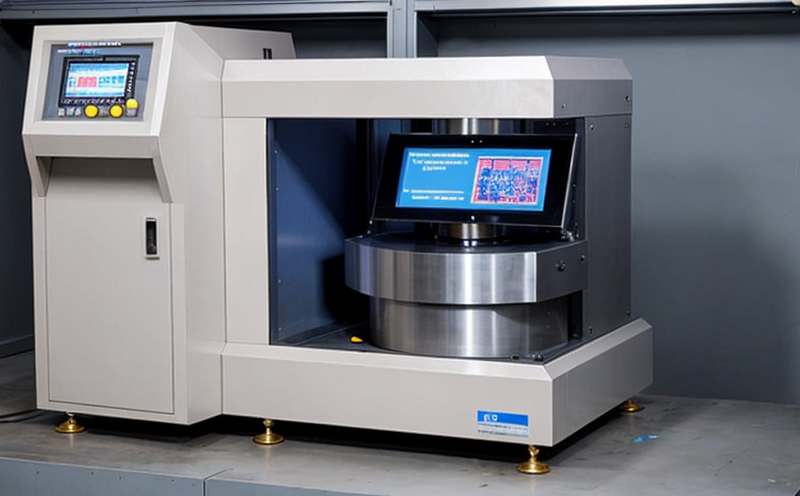ISO 10360-10 Laser Tracker System Testing
The ISO 10360 series of standards is a cornerstone in ensuring dimensional accuracy within additive manufacturing (AM) and 3D printing processes. Specifically, the ISO 10360-10 standard provides guidelines for the testing of laser tracker systems used in AM and 3D printing metrology. This service focuses on the rigorous evaluation of these systems, ensuring they meet the stringent accuracy and repeatability requirements set forth by this international standard.
The laser tracker system plays a critical role in verifying the dimensional precision of parts manufactured through AM processes. These systems are used to measure complex geometries with high accuracy, which is essential for the quality control of products in sectors like aerospace, medical devices, and automotive manufacturing. The testing protocol outlined by ISO 10360-10 ensures that these systems can reliably perform within specified tolerances, thereby enhancing product reliability and safety.
The testing process involves several key steps, including calibration of the laser tracker system to known standards, measurement of various geometrical features on test specimens, and comparison against accepted tolerances. The primary outcome is a detailed report that certifies whether the laser tracker meets or exceeds the requirements specified in ISO 10360-10.
Our laboratory uses state-of-the-art equipment to conduct these tests, ensuring accuracy and consistency in our results. This includes high-resolution cameras, precision sensors, and advanced software for data analysis. The testing process is designed to be comprehensive, covering all aspects of the laser tracker's performance that are relevant to AM and 3D printing applications.
For quality managers and compliance officers, this service provides assurance that your manufacturing processes meet international standards. For R&D engineers, it offers valuable insights into the capabilities and limitations of your laser tracker system. And for procurement professionals, it ensures you are selecting suppliers who adhere to the highest industry standards.
Why It Matters
The accuracy and reliability of dimensional measurements in AM and 3D printing processes directly influence product performance and safety. Compliance with ISO 10360-10 ensures that laser tracker systems used in these processes are reliable, which is critical for industries where precision is paramount.
- Enhanced Product Quality: Ensures parts produced meet the highest standards of dimensional accuracy.
- Precision Engineering: Supports the design and manufacturing of complex geometries with minimal error.
- Regulatory Compliance: Meets international standards, ensuring your products are acceptable in global markets.
The importance of this testing cannot be overstated. In industries like aerospace or medical devices, where even slight deviations can have catastrophic consequences, the precision provided by ISO 10360-10 laser tracker system testing is indispensable.
Applied Standards
| Standard Number | Description |
|---|---|
| ISO 10360-10:2018 | Guidelines for the Testing of Laser Tracker Systems in Additive Manufacturing and 3D Printing Applications. |
| ASTM F42 | The committee on additive manufacturing standards, which provides additional guidance related to AM processes. |
The ISO 10360-10 standard is the primary benchmark for testing laser tracker systems used in AM and 3D printing. This standard specifies the procedures for verifying the accuracy of these systems over a range of measurements, including linear displacement, angular displacement, and repeatability.
Competitive Advantage and Market Impact
- Enhanced Reliability: By ensuring your laser tracker system meets ISO 10360-10 standards, you gain a competitive edge by offering products that meet the highest international quality benchmarks.
- Increased Efficiency: Reduced rework and scrap rates due to improved first-pass yield in manufacturing processes.
The market for precision metrology equipment is highly competitive. Compliance with ISO 10360-10 not only enhances your product's quality but also differentiates you from competitors who may not adhere to these stringent standards. This can lead to increased customer trust and loyalty, as well as a higher market share.





